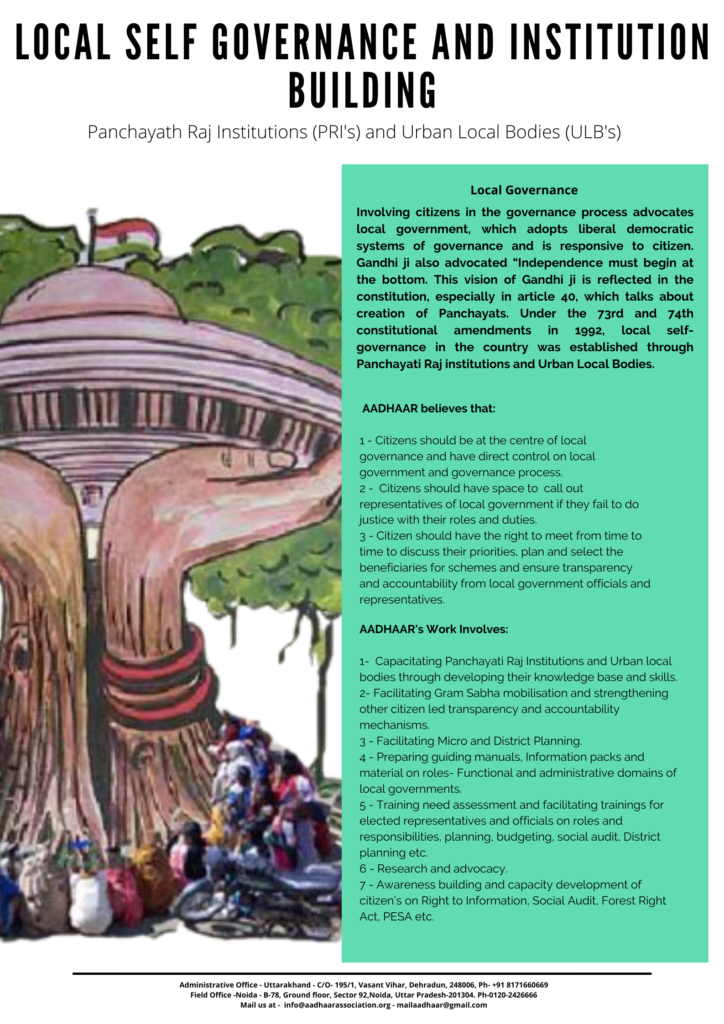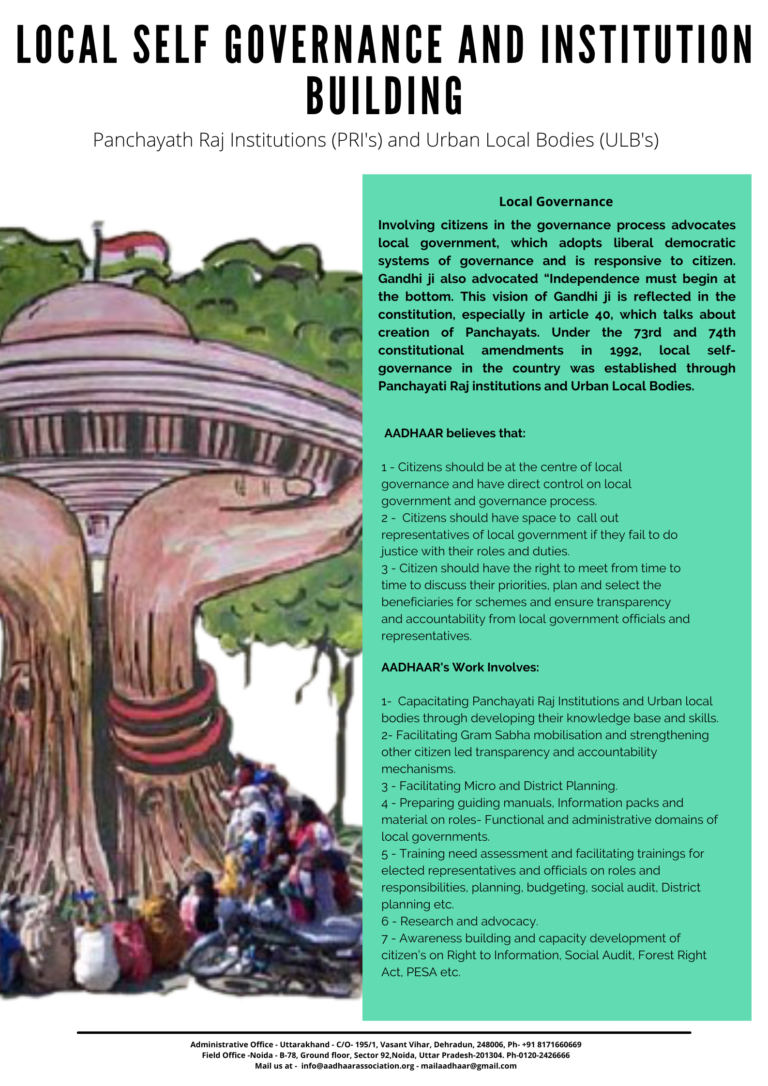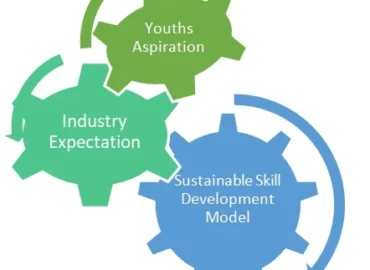

Governance entails that each person has an equal say in decision-making and equal opportunity to influence government outcomes irrespective of their caste, class, gender and creed. Some of the key features of governance include
• The rule of law – equal before law and the legal system is fair;
• Transparency in policy making institutions by ensuring information in the public domain;
• Responsiveness of institutions and processes in serving all
• Equity in provision of equal opportunities to men and women
• Accountability of the public and private institutions to the citizens
• Effectiveness and efficiency in optimum use of resources
The consensus in mediating the different needs to reach the best interests of all groups with a long-term vision of human development. There are a number of instances, both in India and around the world, where citizens’ involvement in processes of decision-making, monitoring and evaluation have significantly improved the existing systems and practices. Examples include participatory budgeting process in Latin American and European countries, referendum, watershed management committees, forest management committees, village education Committees, etc. Involving citizens in the governance process advocates local government, which adopts liberal democratic systems of governance and is responsive to citizens. Gandhi Ji also advocated “Independence must begin at the bottom. This vision of Gandhi Ji is reflected in the constitution, especially in article 40, which talks about the creation of Panchayats. Under the 73rd and 74th constitutional amendments in 1992, local self-governance in the country was established through Panchayati Raj institutions and urban local bodies. These amendments devolve powers to the local bodies to prepare their own plans for economic development and social justice at the local level (Article 243G and 243W). It was also envisaged that through Gram Sabhas and wards sabhas/ mohalla committees (citizens assembly), citizen will meet at regular intervals to discuss and prepare the plans for their village and cities and ensure accountability of these elected bodies.
But Ironically, the Panchayats and Municipalities were converted into “Implementing Agent” of State and Central governments. Instead of allowing Panchayats and municipalities to prepare and develop their own agenda, they were handed over various agendas by the State and Central governments. Line departments of state (water, health education, rural development and urban development, etc) are treating local bodies as their extension rather than as local self-governance structures. Fiscal strength of local bodies has not changed significantly since 1994, though 4-5 state finance commissions have come into existence and gone by silently.
Gram Sabhas meetings are marked by low participation especially of women and the members of the weaker sections thus limiting opportunities for them to put their issues in the forefront and identify solutions. Newly elected Panchayat leaders do not get opportunities to learn about their role/responsibilities and function of Panchayats and are thus not able to perform their roles effectively. Women representatives are still very much dependent on males to carry out the duties in the Panchayat as well as in panchayat functioning and decision-making. The leaders from the weaker section of the society are not accepted as leaders in the true spirit who work under the pressure of the influential section. In addition, children below the age of 18 are not considered as formal members of the Panchayats. Thus there is no opportunity for them to raise their concerns, issues and demand solutions
AADHAAR believes that:
AADHAAR Work Involves:


Need help? Our team is just a message away
